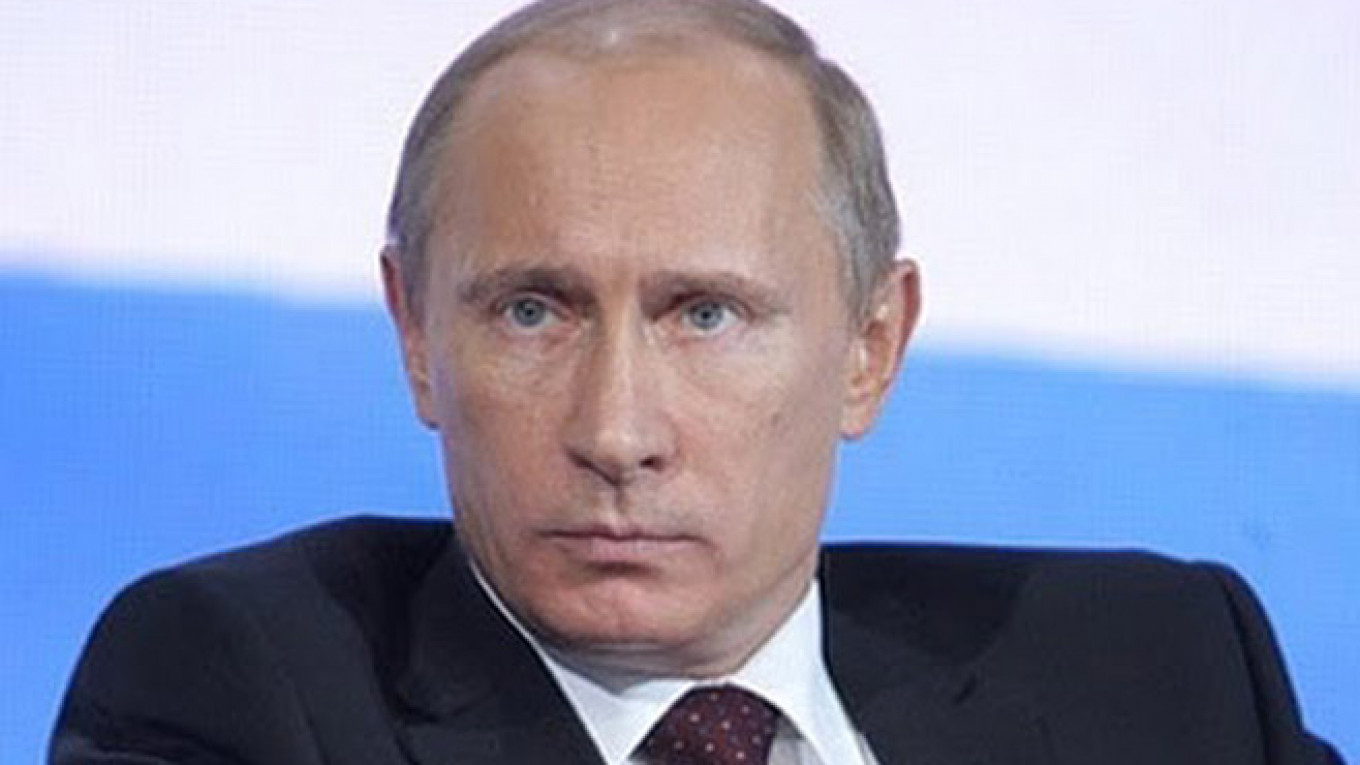During the Cold War, Washington was playing for the long term, building a stable international system that survives to this day and serves as the core of the global economic and political order. Moscow instead sought tactical advantage, while its ultimate goal — the worldwide victory of communism — was supposed to take care of itself, according to the objective laws of history discovered by Marx and Lenin. The Soviets were thus able to pick their battles, keeping the Americans guessing and striking opportunistically around the globe.
The Soviets often appeared to have Americans back on their heels. During the 1970s, all of Indochina, the Horn of Africa, Angola, Nicaragua and Afghanistan were "lost," while Chile and Portugal were seen as close calls. Euro-communism was gaining strength in Italy and France. There was something of a panic in Washington, but in reality, underneath those successes, there was a catastrophic failure of strategy. Not only did communism fail to march triumphantly around the globe, but it was collapsing in the Soviet Union as well.
The KGB, which functioned as both security police and a foreign intelligence agency, was the best-informed part of the Soviet establishment — especially at the top. Yury Andropov, who headed the KGB under Leonid Brezhnev, realized early on that the Soviet Union was losing the Cold War.
Andropov also knew that those tactical victories were mostly useless. Worse, they were a drain on Soviet resources. When he became general secretary in 1982, he started to develop a strategy for revamping the Soviet Union. It was not a successful strategy. Communism and the Soviet Union were probably doomed even if Andropov had not died after only 15 months in office. Be that as it may, first the Soviet Union under Andropov's protege, Mikhail Gorbachev, and then Russia in the early post-Soviet period continually sought to define Russia's place in the modern world.
President Vladimir Putin's roots were in Andropov's KGB, but he never rose very high through its ranks, stopping at lieutenant colonel. Like other mid-level officers, he was trained in operations, but his strategic horizon was limited. This has been obvious in the way he runs Russia. He skillfully consolidated his power and outsmarted his foes, but all his strategic plans have failed. The "vertical of power" is a joke, as Putin's bureaucrats — from the minister of defense to the local traffic cop — do little work and stuff their own pockets. His Russia aspires to be an "energy superpower" but seems to have no idea how to become a swing oil producer and price-setter. After the 2008 financial crisis, Putin said Russia needed to diversify its economy, but over the past five years it became even more dependent on commodity exports. Though able to enrich himself and his cronies, his efforts to build continuity for Russia's political system and to transfer power to a successor ended in failure.
Even on the image-building front, Putin drew a blank, despite huge expenditures. True, the success of the Sochi Olympics was overshadowed by Ukrainian events, but the $50 billion thrown at this huge white-elephant project — building a luxury ski resort in the subtropics — was never going to generate much international admiration.
The Ukraine crisis cast Putin's skills and limitations in a sharp relief. Faithful to his KGB training, he keeps his foes guessing, choosing the time and place to strike and scoring spectacular tactical successes. When necessary, he has the acumen to retreat to give himself and his allies some breathing space.
But strategy is lacking. There appears to be no clear understanding what to do with Crimea, how to ensure its economic survival and avoid or mitigate Western sanctions. There is absolutely no Plan B and no room for retreat. All responses seem off-the-cuff, and every new day brings a new, hastily contrived and harebrained scheme: from building a domestic payments system and "pivoting" trade toward China to creating a reservoir in Crimea to collect rainwater.
Of all the aspects of the Soviet Union that Putin's regime has revived in recent years, the preference for tactical successes in a total strategic vacuum may prove the most damaging. If he is watching from beyond the grave, Andropov may regret that training of junior KGB officers woefully neglected courses on strategic thinking.
Alexei Bayer, a native Muscovite, lives in New York. His detective novel "Murder at the Dacha" was published by Russian Life Books in 2013.
A Message from The Moscow Times:
Dear readers,
We are facing unprecedented challenges. Russia's Prosecutor General's Office has designated The Moscow Times as an "undesirable" organization, criminalizing our work and putting our staff at risk of prosecution. This follows our earlier unjust labeling as a "foreign agent."
These actions are direct attempts to silence independent journalism in Russia. The authorities claim our work "discredits the decisions of the Russian leadership." We see things differently: we strive to provide accurate, unbiased reporting on Russia.
We, the journalists of The Moscow Times, refuse to be silenced. But to continue our work, we need your help.
Your support, no matter how small, makes a world of difference. If you can, please support us monthly starting from just $2. It's quick to set up, and every contribution makes a significant impact.
By supporting The Moscow Times, you're defending open, independent journalism in the face of repression. Thank you for standing with us.
Remind me later.






